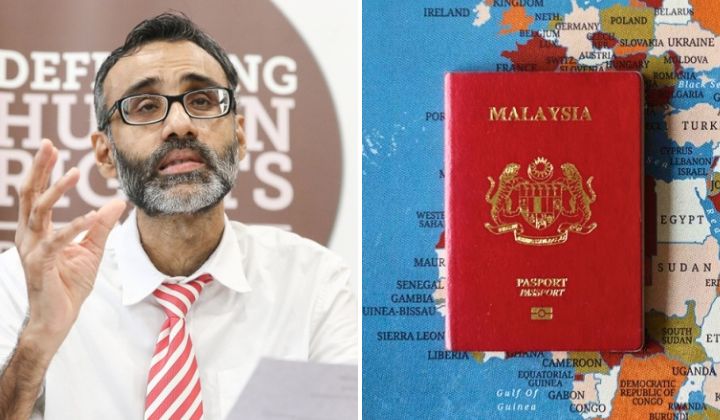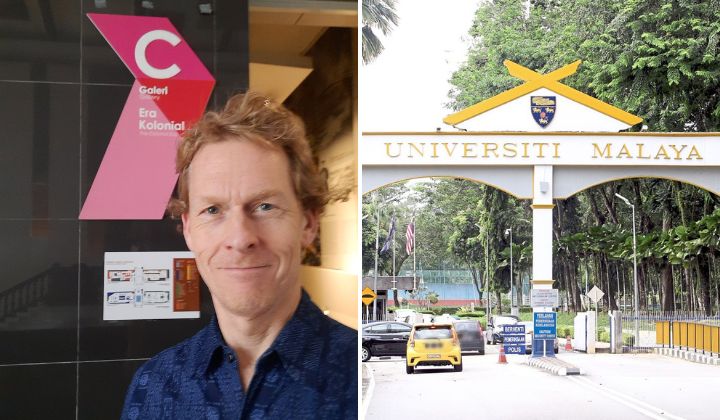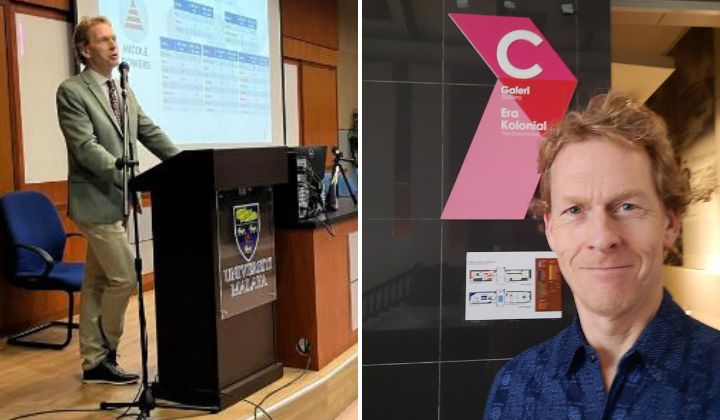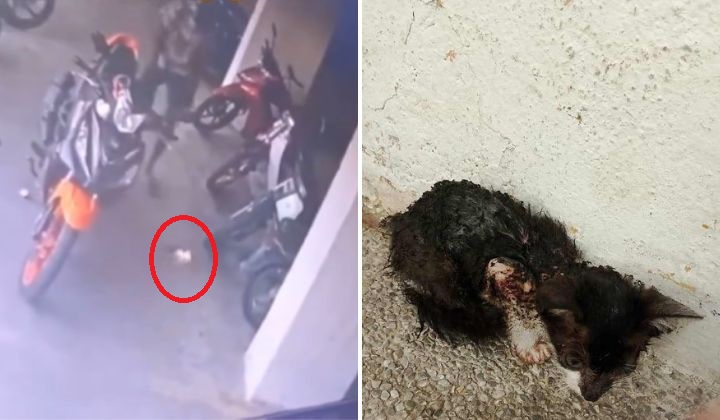Think You Might Be Covid-19 Close Contact? MOH Explains What Happens
Covid-19 positive cases might not be brought to hospital right away
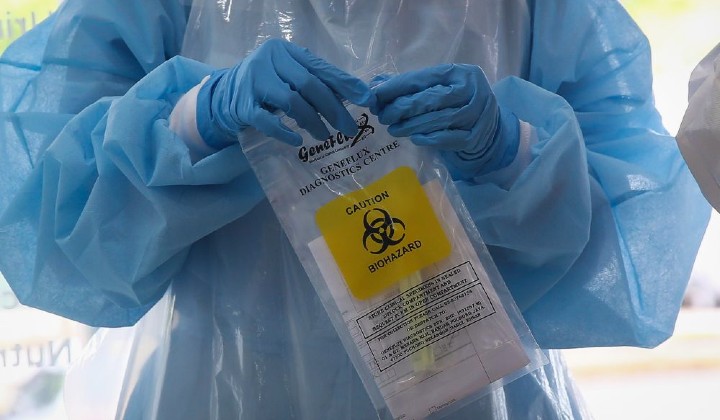
Subscribe to our Telegram channel for the latest stories and updates.
With Covid-19 cases surging through the nation, many Malaysians now find themselves in close range of a positive case, be it from mutual friends, neighbours or family members.
So if you’re worried that you may be infected, the Health Ministry (MOH) has released an explanation of what happens next.
Close contacts identified
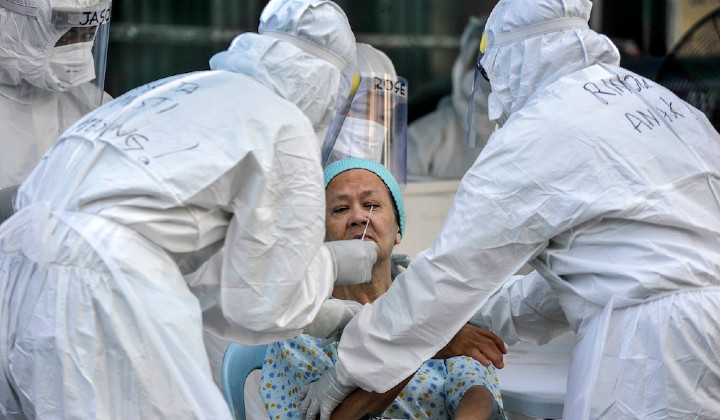
The District Health Office (PKD) will identify who is in close contact with the patient based on the field investigation and risk assessment conducted.
Close contact is an individual who:
- Has been in direct contact with a positive case of Covid-19 in the last 14 days
- Was face-to-face with a Covid-19 patient at a distance of less than 1 meter
- Has had physical contact with a case of Covid-19
Other groups counted as close contacts include:
- Healthcare workers who treat Covid-19 positive cases WITHOUT wearing complete personal protective equipment (PPE)
- Individuals living in the same house with a positive Covid-19 case
- Individuals sitting nearby (less than 1 meter) with Covid-19 cases for example in the office or in the classroom
- Individuals traveling together and sitting nearby (less than 1 meter) with a positive Covid-19 case during the trip
The District Health Office (PKD) will detect and contact relevant parties for the Covid-19 screening test.
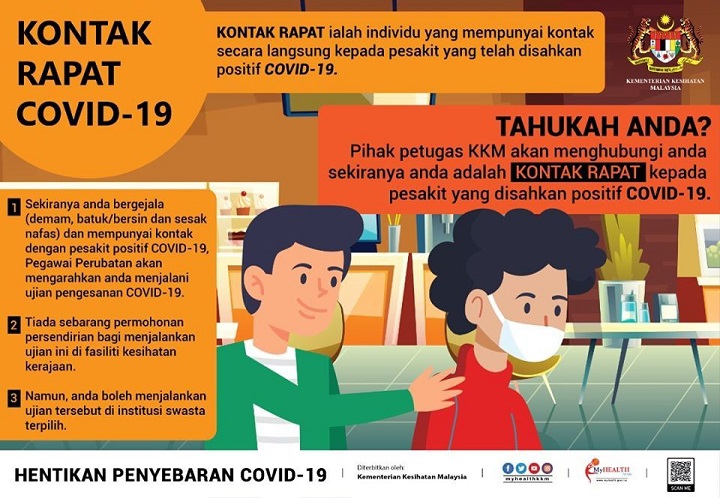
Quarantine
A self-quarantine Home Surveillance Order (HSO) will be given to close contacts if they:
- have mild symptoms and do not meet the criteria for admission to the ward, namely Patient Under Investigation (PUI)
- are asymptomatic, but have an epidemiological history such as close contact with Covid-19 cases, namely Person Under Surveillance (PUS)
What to do if you might have been in contact with a Covid-19 case?
Based on current MOH protocols, individuals who have been in contact with a positive case but have not been identified as close contacts will not be given a HSO or bracelet.
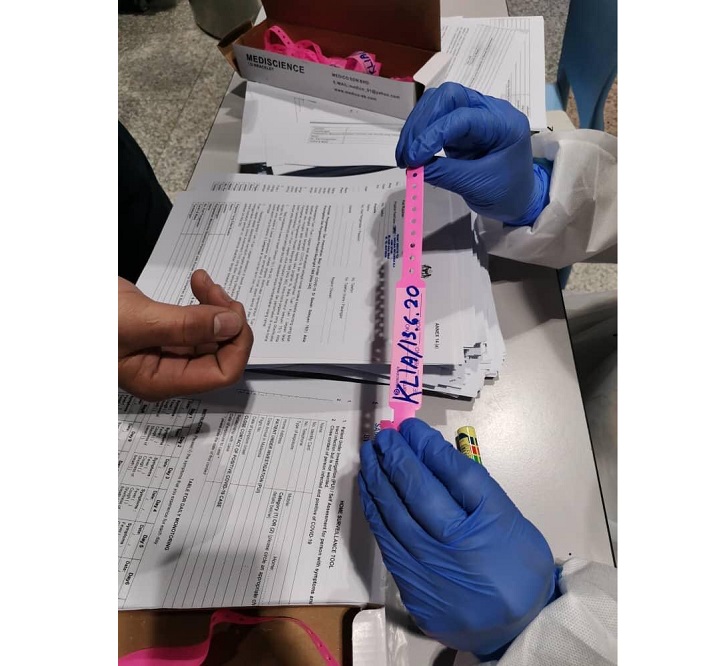
(Credit: @MelGohCNA/Twitter)
If you suspect that you might have been in close contact with a Covid-19 case, MOH advises to undergo self-quarantine for 14 days and monitor your health status for symptoms.
You’re likely to be suspected with Covid-19 if there is absence of a more likely diagnosis and present at least TWO of the following symptoms:
- Fever
- Chills
- Rigors
- Myalgia
- Headache
- Sore Throat
- Nausea or Vomiting
- Diarrhea
- Fatigue
- Acute onset nasal congestion or running nose
More severe symptoms to look out for are:
- cough
- shortness of breath
- difficulty breathing
- sudden new onset of anosmia (loss of smell)
- sudden new onset of ageusia (loss of taste)
- clinical evidence of pneumonia
- acute respiratory distress syndrome (ARDS)
READ MORE: This Is How The Health Ministry Categorises Covid-19 Patients
Criteria for hospital admission for Suspected, Probable and Confirmed Case
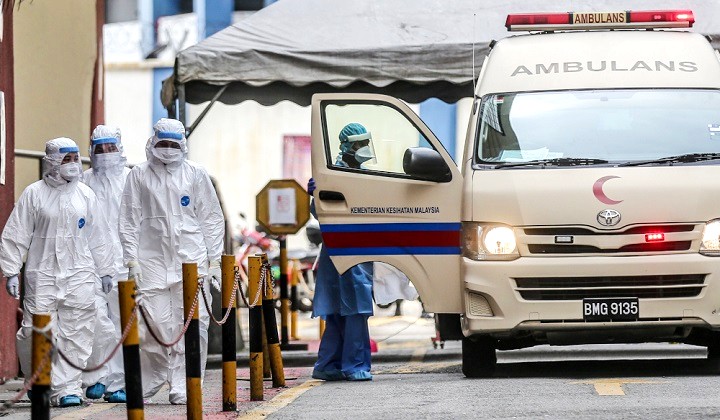
(Credit: Firdaus Latif/Malay Mail)
Based on the latest official MOH guideline (dated 5 Oct), these are the factors for individuals who require hospital admission:
- All Covid-19 cases confirmed via laboratory confirmed case
- All Probable Covid-19 cases
- Suspected Covid-19 who is clinically ill
- Suspected case with uncontrolled medical conditions, immunocompromised status, pregnant women, extremes of age (< 2 years or > 60 years old)
- Suspected case who does not fulfil the above criteria but are not suitable for home surveillance, to consider admission in quarantine station.
Covid-19 positive individuals from low risk groups who are asymptomatic or mildly symptomatic can be admitted directly to low risk Covid-19 quarantine and treatment centres after discussion with relevant physicians.
However with the recent surge in Covid-19 cases, Health director-general Tan Sri Dr Noor Hisham Abdullah advised those who have tested positive for Covid-19 but are asymptomatic to be isolated at home as they may not be taken to the hospitals immediately.
In a Malay Mail article dated 28 December 2020, Dr Noor Hisham said that this is because MOH is currently dealing with a very high number of cases and logistics issues when it comes to ferrying patients to hospitals.
Share your thoughts with us on TRP’s Facebook, Twitter, and Instagram.
She puts the pun in Punjabi. With a background in healthcare, lifestyle writing and memes, this lady's articles walk a fine line between pun-dai and pun-ishing.

